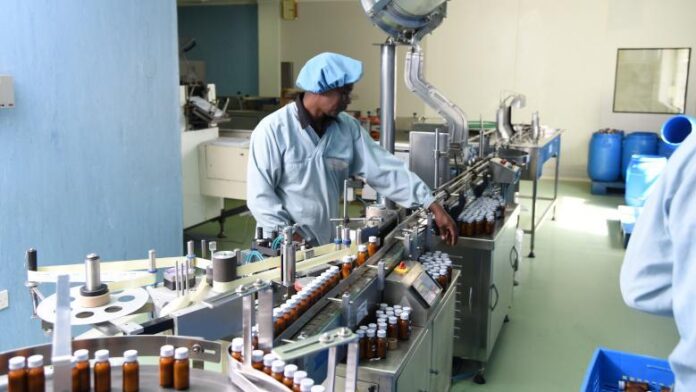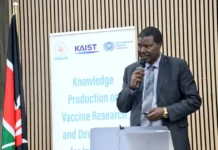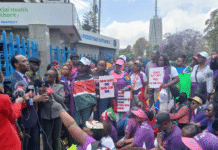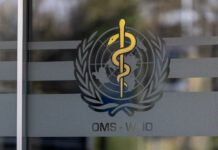Kenya-based Universal Corporation Limited (UCL), in partnership with India’s Rena Exports Pvt Ltd, has marked a major breakthrough in Africa’s pharmaceutical sector by securing a Global Fund order for over 7 million doses of the life-saving antimalarial sulfadoxine-pyrimethamine plus amodiaquine (SPAQ).
The move positions UCL as the first African manufacturer to achieve WHO prequalification for this critical medicine — a milestone that not only enhances regional drug supply security, but also bolsters efforts to combat malaria, particularly during the rainy season when transmission peaks.
An estimated 1.8 million children in Mali are set to receive four preventive doses of SPAQ each, under the seasonal malaria chemoprevention (SMC) programme. The treatment, backed by the World Health Organization, is vital in safeguarding children under the age of five — and now older — from malaria in high-risk areas.
“This achievement highlights the importance of local manufacturing in strengthening regional health systems,” said Perviz Dhanani, Founder and MD of UCL.
Backed by Technical Excellence
The success comes on the back of robust support from Medicines for Malaria Venture (MMV), which provided UCL and Rena with critical training, technology, and quality assurance support throughout the prequalification journey.
MMV’s Pierre Hugo, Vice President of Market Dynamics and Global Supply Security, praised the development:
“It is a testament to the dedication and expertise of UCL and our collaboration with African manufacturers. But without sustained procurement and uptake, the full potential of African pharma won’t be realized.”
The WHO’s expanded guidance in 2022 to include older children in SMC programmes is expected to further drive up demand, offering new market opportunities for prequalified African producers.
UCL’s successful order joins a broader movement to localize pharmaceutical production. MMV is also working with Swiss Pharma Nigeria Ltd (Swipha), which earned WHO prequalification in August 2024, and Emzor Pharmaceuticals, currently undergoing certification.
MMV has set a target to grow the number of WHO-prequalified African manufacturers from three to seven by 2030.



















